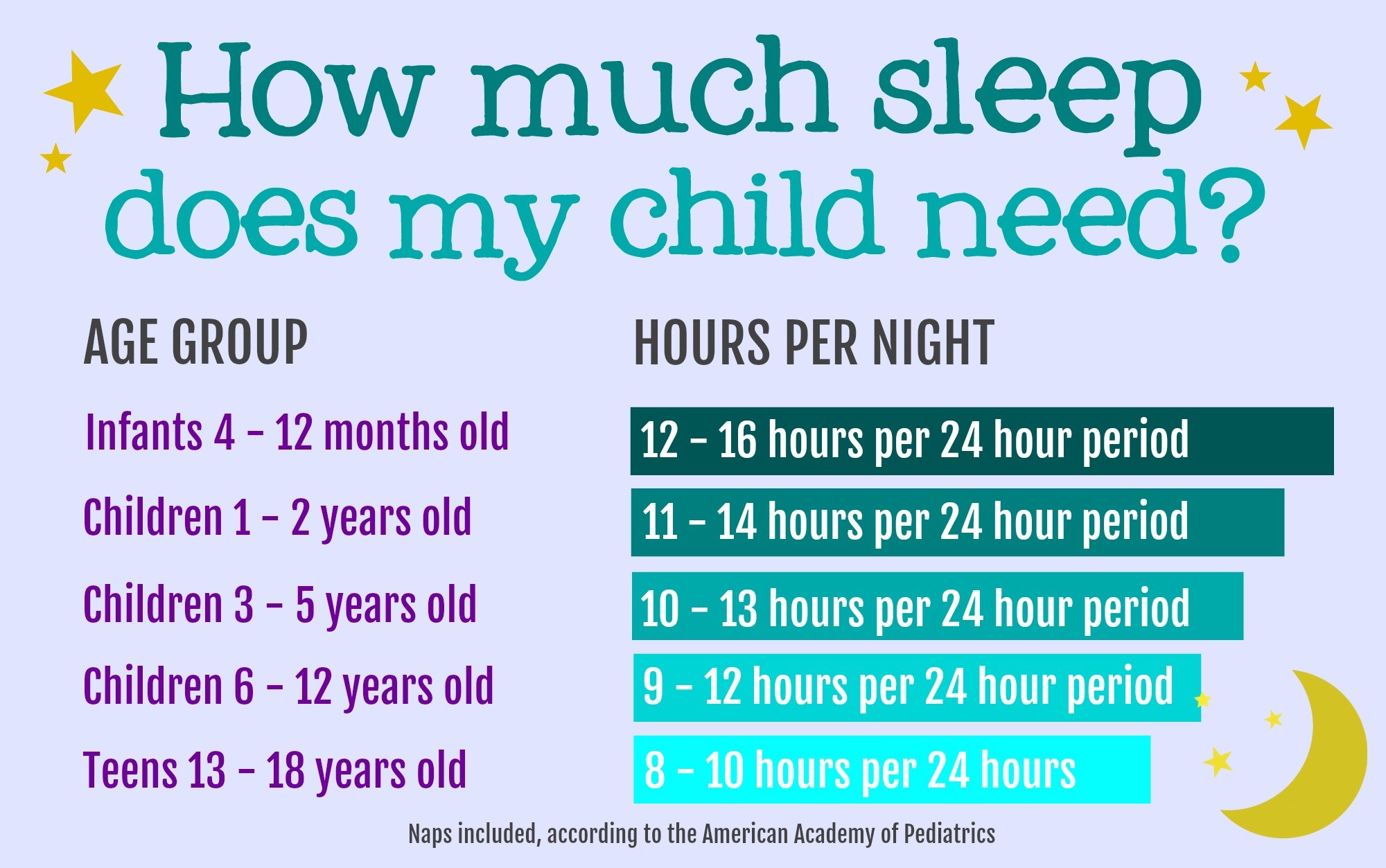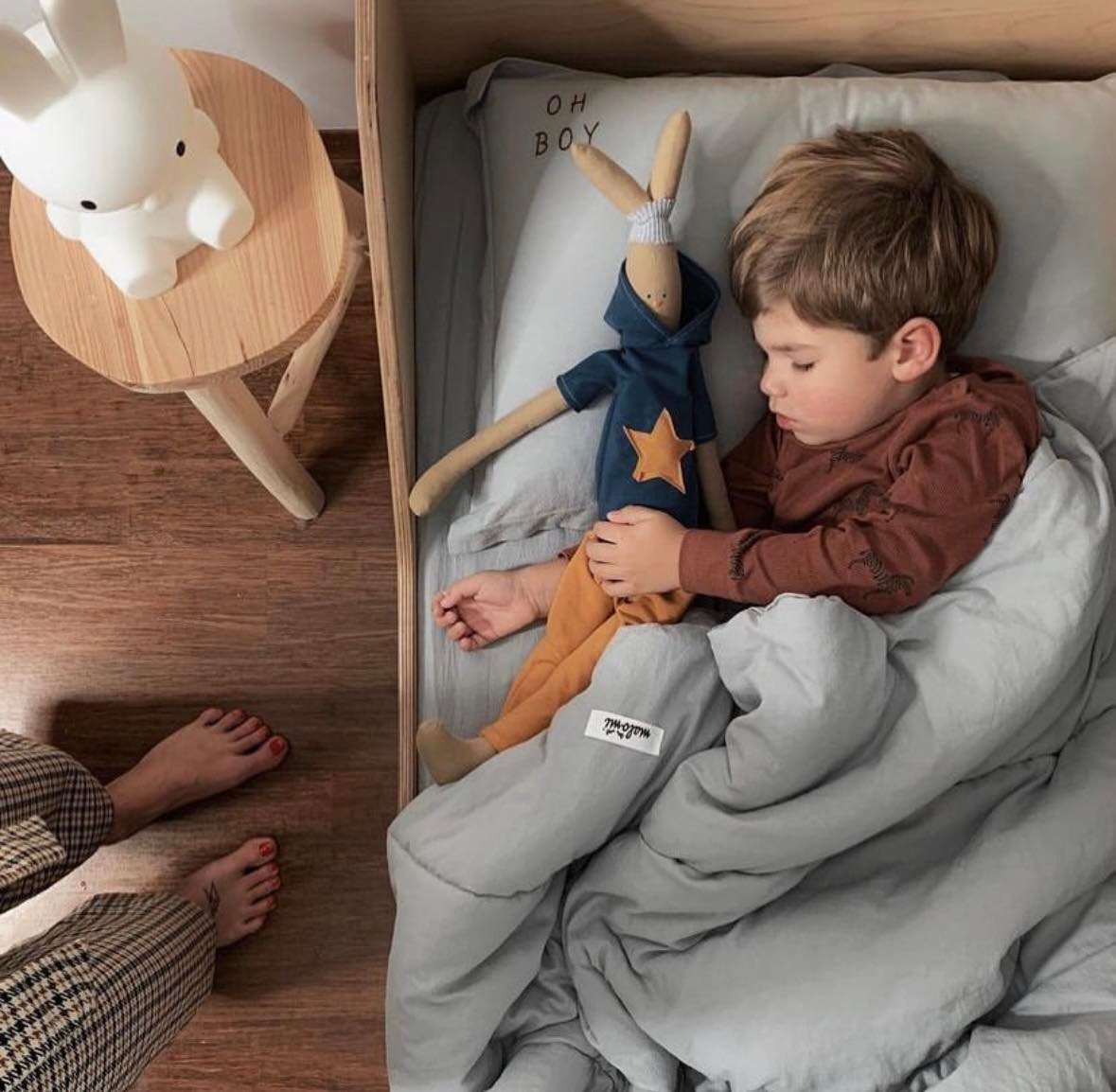
HEADLINES / Today / November 3, 2024
Ideal Bedtime How To Decide What Time Your Child Goes To Sleep
Ideal Bedtime: How to Decide What Time Your Child Goes to Sleep: This is your child’s ideal bedtime. For example, your 10-month-old wakes for the day 6 a.m., and you’ve determined that he does best with 11 hours of sleep at night. That means you back up 11 hours from 6 a.m. to 7 p.m. as the ideal time for him to fall asleep each night. The Sleep Lady has found over her 20 years of practicing as a sleep .... Perfecting Your Child’s Bedtime Routine | Sleep Foundation: Key Takeaways. Bedtime routines are vital for a child’s sleep quality and quantity.

What Time Is A Good Bedtime For Infants - Hanaposy
Consistency and encouragement can help children maintain an ideal sleep schedule. Calming activities and easy-to-follow routines can reduce bedtime struggles in kids. Getting quality sleep is essential in childhood, yet research shows that as many as 20 to 30% .... Sleep Calculator: Your Personalized Tool for Sleep | Sleep ...: The quality of your sleep impacts core metabolic functions like immunity, cardiovascular health, and cognition. Use the sleep calculator to develop an optimal sleep schedule based on your unique biology and lifestyle preferences, including your age and either your bedtime or wake-up time.

How To Establish An Ideal Bedtime Routine For Your Children - KnitWitch
The sleep calculator is simple to use and ensures your .... What Time to Go to Bed (by Wake Up Time and Age): School-age children should go to bed between 8:00 and 9:00 p.m. Teens should try to go to bed between 9:00 and 10:00 p.m. Adults should try to go to sleep between 10:00 and 11:00 p.m. Despite age and sleep need, having a consistent wake time, even on the weekends, is important for better sleep.. Bedtimes by Age: How Much Sleep Does Your Kid Need? - Parents: Check out what experts say about the recommended amount of sleep by age.

How To Create A Bedtime Routine For Your Kids And Get Them To Sleep!
Sleep and Bedtime Recommendations by Age. Age. Recommended Amount of Total Sleep. Recommended Bedtime. Newborn (0–3 .... Sleep Calculator for Kids — Best Sleep and Wake Times for ...: This is good news, meaning that as kids get older, there’s less of a chance they’ll wake up from small noises and outside disturbances. Here’s a handy guide to how many hours of snooze-time kids need depending on how old they are. For this sleep calculator, age input is key. Newborns: 14-17 hours. Infants: 12-15 hours..

What Is The Ideal Bedtime For Your Baby? - YouTube
The Perfect Bedtime for Kids and How Long They Need to Sleep: Although toddlers need up to 14 hours of sleep each day, many only get about 10. Somewhere between ages 3 and 5, kids drop their daytime naps and only sleep at night. Between the ages of 7-12, kids’ lives become busier with school and extracurricular activities. At this age, kids need between 10-11 hours of sleep each day but many only .... The 4-Step Scientific formula for the Best Bedtime Routine ...: Four (Science-Backed) Tips for A Better Bedtime Routine For Your Child. 1. Make Your Bedtime Routine Consistent. Consistency is the number one thing that will improve your child’s sleep. What steps you do are important — but the most important thing is doing it consistently..

Tips For Finding Your Child's Ideal Bedtime - Babywise Mom
Ideal Bedtime: How to Decide What Time Your Child Goes to Sleep
This is your child’s ideal bedtime. For example, your 10-month-old wakes for the day 6 a.m., and you’ve determined that he does best with 11 hours of sleep at night. That means you back up 11 hours from 6 a.m. to 7 p.m. as the ideal time for him to fall asleep each night. The Sleep Lady has found over her 20 years of practicing as a sleep ...
Perfecting Your Child’s Bedtime Routine | Sleep Foundation
Key Takeaways. Bedtime routines are vital for a child’s sleep quality and quantity. Consistency and encouragement can help children maintain an ideal sleep schedule. Calming activities and easy-to-follow routines can reduce bedtime struggles in kids. Getting quality sleep is essential in childhood, yet research shows that as many as 20 to 30% ...
Sleep Calculator for Kids — Best Sleep and Wake Times for ...
This is good news, meaning that as kids get older, there’s less of a chance they’ll wake up from small noises and outside disturbances. Here’s a handy guide to how many hours of snooze-time kids need depending on how old they are. For this sleep calculator, age input is key. Newborns: 14-17 hours. Infants: 12-15 hours.
Sleep Calculator: Your Personalized Tool for Sleep | Sleep ...
The quality of your sleep impacts core metabolic functions like immunity, cardiovascular health, and cognition. Use the sleep calculator to develop an optimal sleep schedule based on your unique biology and lifestyle preferences, including your age and either your bedtime or wake-up time. The sleep calculator is simple to use and ensures your ...
Bedtimes by Age: How Much Sleep Does Your Kid Need? - Parents
Check out what experts say about the recommended amount of sleep by age. Sleep and Bedtime Recommendations by Age. Age. Recommended Amount of Total Sleep. Recommended Bedtime. Newborn (0–3 ...
The Perfect Bedtime for Kids and How Long They Need to Sleep
Although toddlers need up to 14 hours of sleep each day, many only get about 10. Somewhere between ages 3 and 5, kids drop their daytime naps and only sleep at night. Between the ages of 7-12, kids’ lives become busier with school and extracurricular activities. At this age, kids need between 10-11 hours of sleep each day but many only ...
The 4-Step Scientific formula for the Best Bedtime Routine ...
Four (Science-Backed) Tips for A Better Bedtime Routine For Your Child. 1. Make Your Bedtime Routine Consistent. Consistency is the number one thing that will improve your child’s sleep. What steps you do are important — but the most important thing is doing it consistently.
What Time to Go to Bed (by Wake Up Time and Age)
School-age children should go to bed between 8:00 and 9:00 p.m. Teens should try to go to bed between 9:00 and 10:00 p.m. Adults should try to go to sleep between 10:00 and 11:00 p.m. Despite age and sleep need, having a consistent wake time, even on the weekends, is important for better sleep.
Related for Ideal Bedtime How To Decide What Time Your Child Goes To Sleep
It is a capital mistake to theorize before one has data. Insensibly one begins to twist facts to suit theories, instead of theories to suit facts.
Keep Yourself Updated By Following Our Stories From The Whole World
Keep yourself updated with the latest stories from across the globe! Our platform brings you real-time insights and breaking news, covering everything from major world events to inspiring local stories. By following our stories, you’ll stay informed on a diverse range of topics and perspectives from around the world. Whether it’s political shifts, cultural milestones, or groundbreaking innovations, we ensure you’re always connected to what matters most. Dive into our global coverage and stay informed, no matter where you are!



